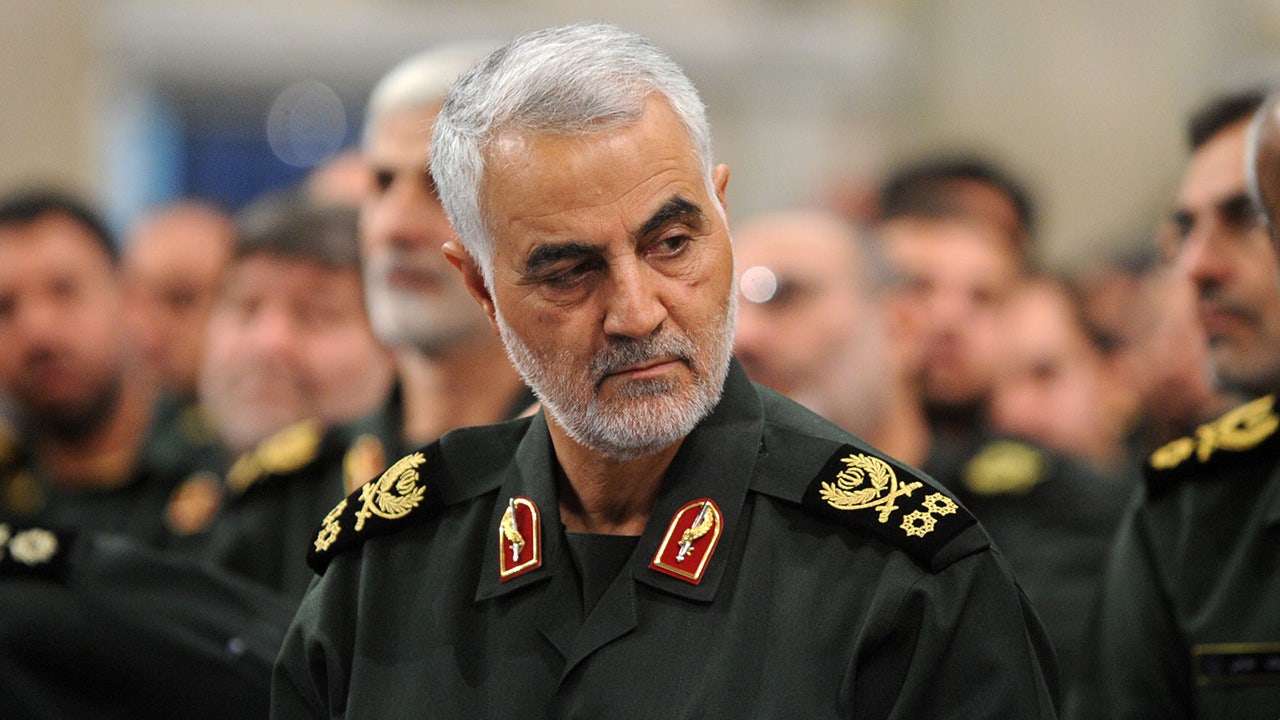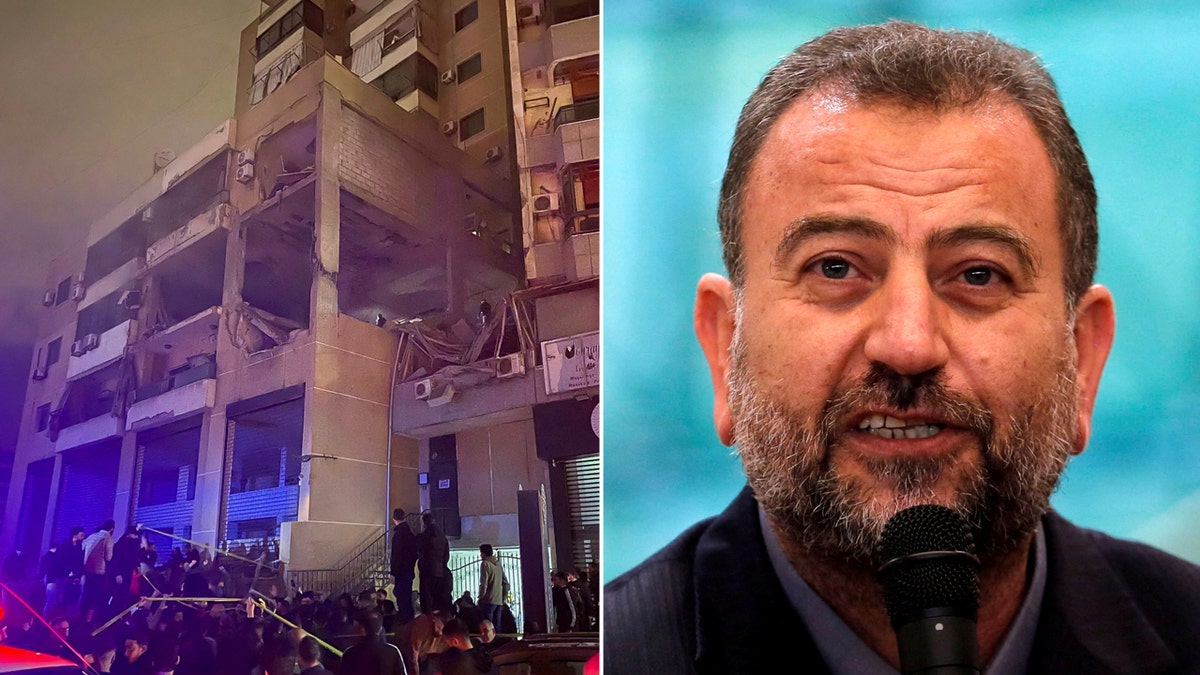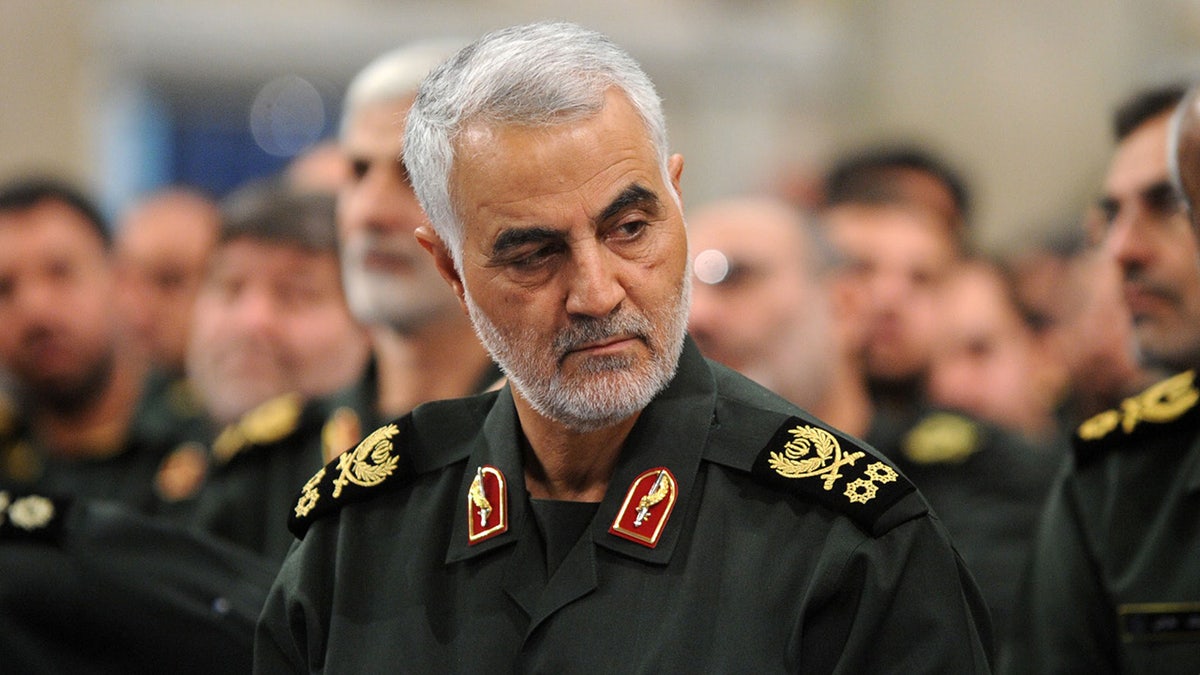
On Wednesday, a pair of explosions at a commemoration for Iran's former top military general Qassim Suleimani killed at least 103 people and wounded another 171. The blasts sowed fear and grief in Iran and heightened tensions in the broader region even further. According to state media, two bombs placed in bags along the road toward the cemetery exploded as a procession of people was on its way there to commemorate Suleimani's assassination by US drone strike four years ago. The officials said that all medical facilities in Kerman province were put on standby and emergency airplanes were deployed for medical evacuations to hospitals in Tehran. Iranian authorities are investigating the attack, with Gholamhossein Mohseni-Ejei saying that all intelligence, security and military organs will be enlisted to determine who was behind it.



